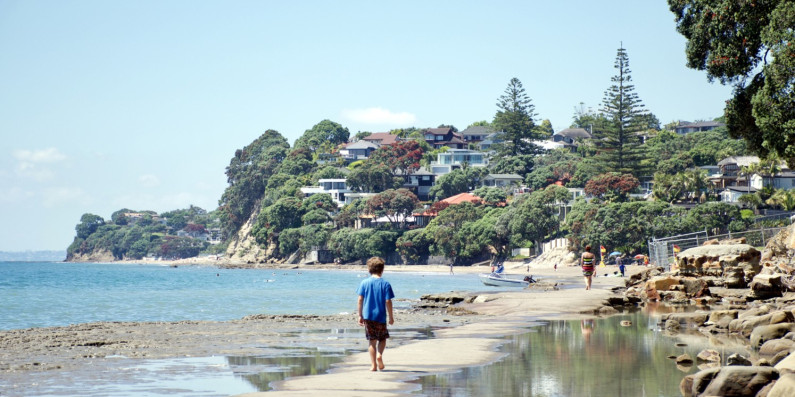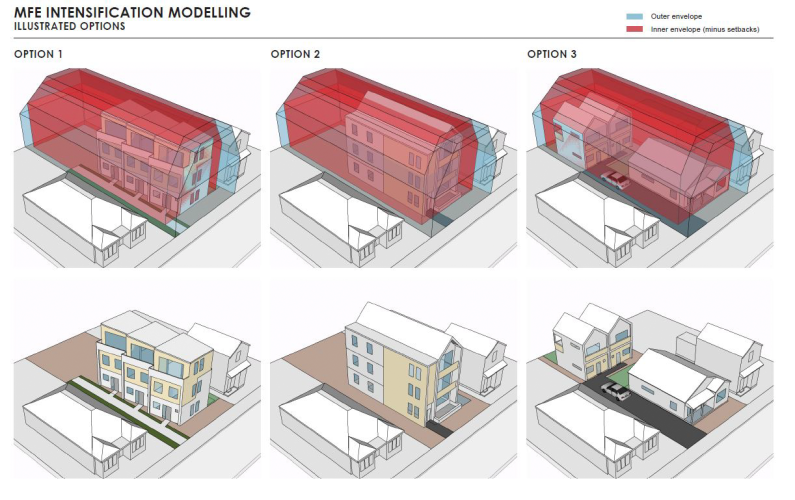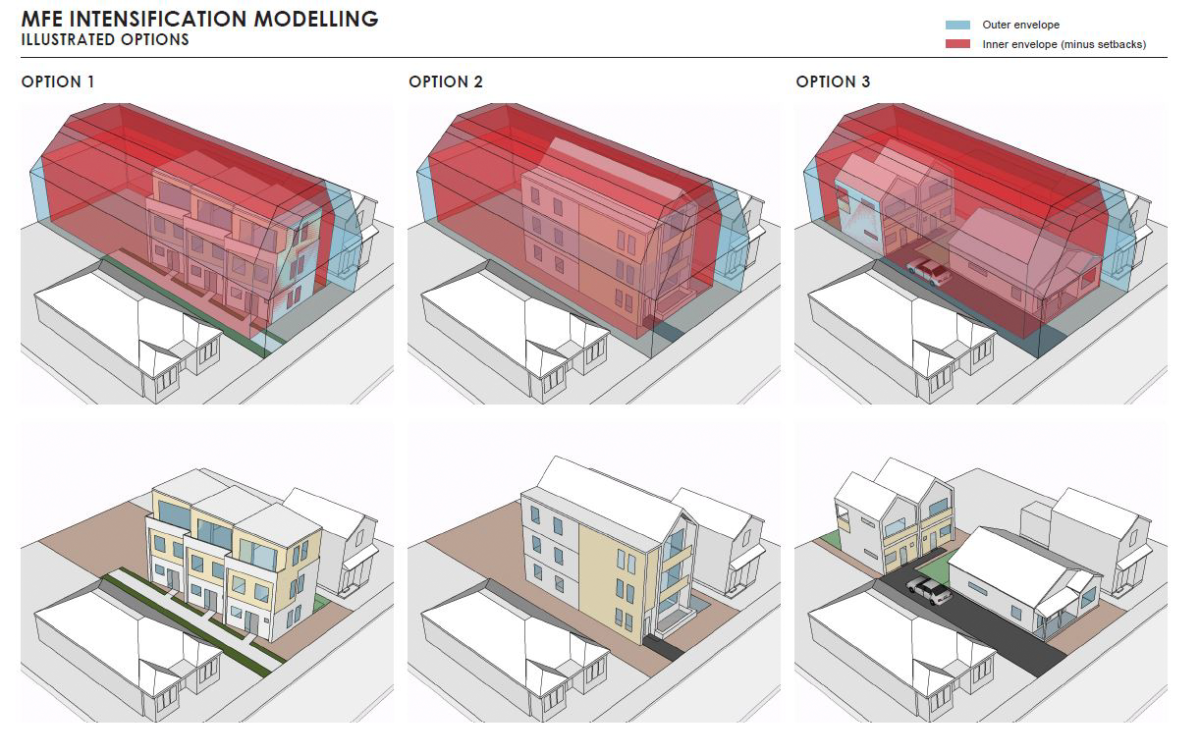As key stakeholders of the current and future resource management system, we want to share with you the progress that has been made on the reform of the resource management system and give you an opportunity to ask questions.
The Ministry for the Environment invites you to attend one of two online information sessions about the reforms.
When: 2.30-3.30pm on either the 23rd or 30th of November
Where: Online via Zoom (Registration link below)
Tuesday, 23 November
Tuesday, 30 November
We will share the work we have done on the proposals for the key components of the system and the roles and responsibilities within it.
Ask us a Question
As part of the event we look forward to answering any questions you may have about the new system. You can send your questions in advance to RM.Reform@mfe.govt.nz – please reference ‘Questions for RM reform sector check in’ in the subject line.
Due to COVID-19 restrictions, these information sessions will take place online. To ensure there is space for as many people as possible to attend, please only register for the time and date that works best for you.
Please do not hesitate to contact us if you have any questions about these sessions.
Targeted Engagement
We are also carrying out a series of targeted engagements with local government, hapū/iwi/Māori and key sector stakeholders over the next few months. We will work with them to test the policy decisions that have been made around the key components of the system and the roles and responsibilities within it.
Feedback we receive will inform the Ministerial decisions that shape the Natural and Built Environments Bill and Strategic Planning Bill before their introduction to Parliament next year.


